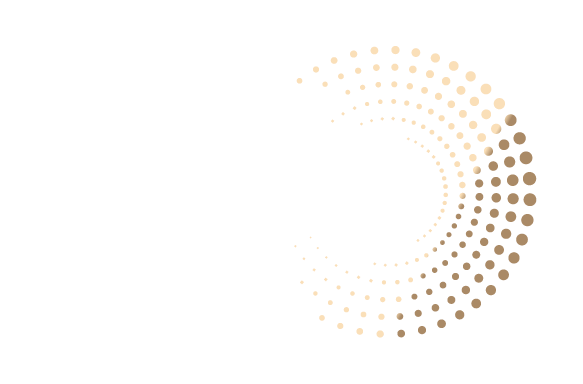Blog POSTS

Body Language DISTRACTIONS You May Not Be Aware Of!
So, let’s think about it for a moment. You’re standing on the stage and seconds from starting. You stand behind the podium, silently ticking through all of your major points. You’ve prepared sufficiently enough, and it feels good. Then - BAM! What am I going to do with my hands? Do I walk around or stand stock still? Help!
Don’t panic. You’ve just gone into body betrayal syndrome. It’s a condition defined as not knowing how your body is supposed to coordinate with your words. But we can fix that right here with a few suggestions.
Strictly behind the podium presentations only require the movement of your face, hands and upper body. These gestures must be planned in advance. Your audience can be easily distracted by odd or emphatic gesticulations. Consider the times you’ve been in an audience. Now imagine the speaker starts waving his/her arms in an aggrandized way. Would you lose track of the speaker’s words (and point) and, instead begin to consider the physical actions exhibited? Enough said.
So, exactly what movement would be classified as distracting? Actually, there are quite a few. They include the following:
Swaying back and forth.
Finger tapping.
Biting your lips.
Licking your lips.
Forgetting to smile.
Fidgeting with clothes or jewelry.
Fidgeting with papers.
Frowning.
Messing with your hair.
Arm flailing.
All of these actions indicate a lack of control, which in turn, takes away from a speaker’s credibility. From the minute they take a seat, most audiences are endowing an earnest attempt to accept a presenter with the gift of expertise. In other words, they expect to be able to learn new information and receive a sense of overall enjoyment or, at the very least, satisfaction at your behest. It’s important that we don’t do anything to discredit what we’ve been given. Practice not just your words, but your actions and you’ll move through your speech with ease!
